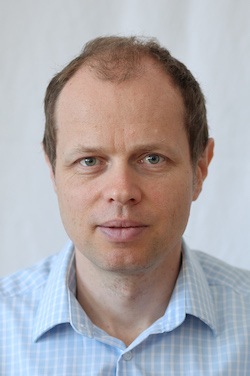
Sergey M. Borisov received his Ph.D. degree in chemistry from the Herzen State Pedagogical University (St. Petersburg, Russia) in 2003. In 2004–2006 he worked in the group of Prof. Otto Wolfbeis at the University of Regensburg as Post-Doctoral Fellow. He joined the Institute of Analytical Chemistry and Food Chemistry at the Graz University of Technology in 2006. His main research interests are in the chemistry of porphyrins and related compounds, synthesis and application of new luminescent dyes in optical sensing, the use of luminescent micro- and nanomaterials in bioanalytical methods, sensing applications of inorganic phosphors and application of optical sensors in oceanography, marine biology and medicine.
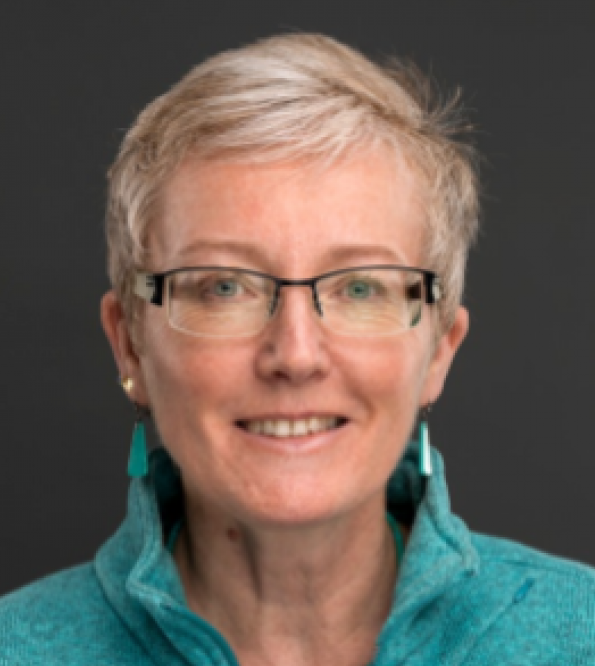
Nina Buchmann is a professor at ETH Zürich, specializing in plant ecology and ecosystem research. Her work focuses on the interactions between vegetation and the climate, particularly in understanding how different land use practices influence carbon and nutrient cycles. Buchmann employs innovative experimental approaches to study plant responses to environmental changes and their role in ecosystem services. Her research is instrumental in informing sustainable land management and climate adaptation strategies. With numerous publications in leading scientific journals, she is recognized for her contributions to advancing our understanding of plant-environment interactions in a changing world.
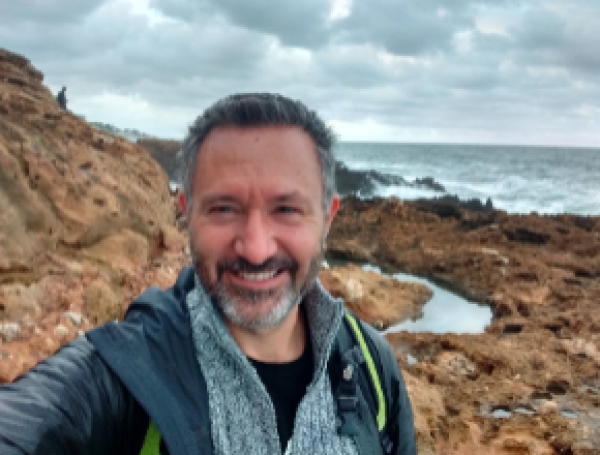
Jordi Cortina is a researcher based in Spain, affiliated with the University of Alicante and the Institute of Ecology and Biodiversity (IEB). His work focuses on ecosystem restoration, particularly the processes that promote plant community recovery in degraded landscapes. Cortina employs both experimental and field-based approaches to study the interactions between plant species, soil health, and environmental conditions. His research is crucial for developing effective restoration strategies that enhance biodiversity and ecosystem resilience. With numerous publications in leading scientific journals, he actively contributes to advancing knowledge in ecological restoration and sustainable land management practices.
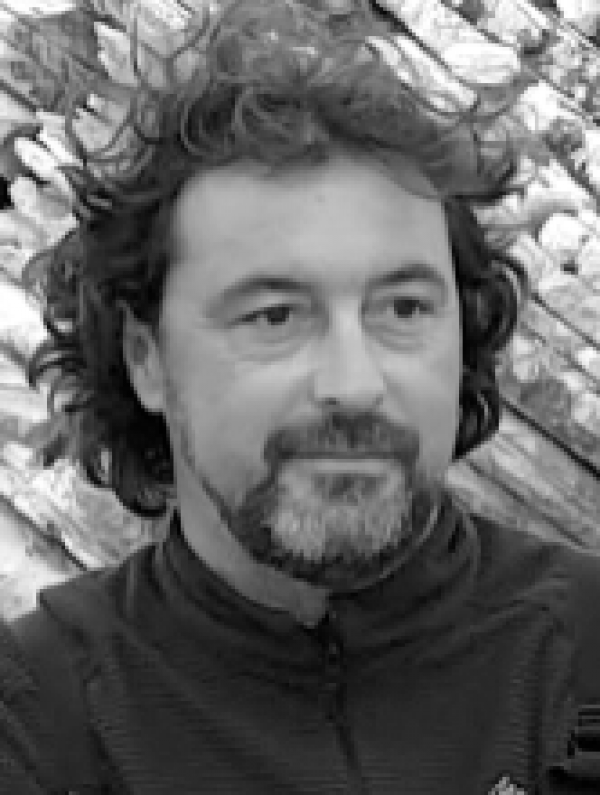
Ricardo Diaz-Delgado is a researcher at the Doñana Biological Station (EBD) in Spain, where he focuses on landscape ecology and the effects of environmental change on biodiversity. His research investigates the interactions between land use, climate change, and ecosystem services, aiming to understand how these factors influence species distribution and habitat quality. Diaz-Delgado employs a range of ecological modeling and remote sensing techniques to assess and predict changes in ecosystems. He is committed to informing conservation policies and sustainable land management practices through his work and has published extensively in leading scientific journals.
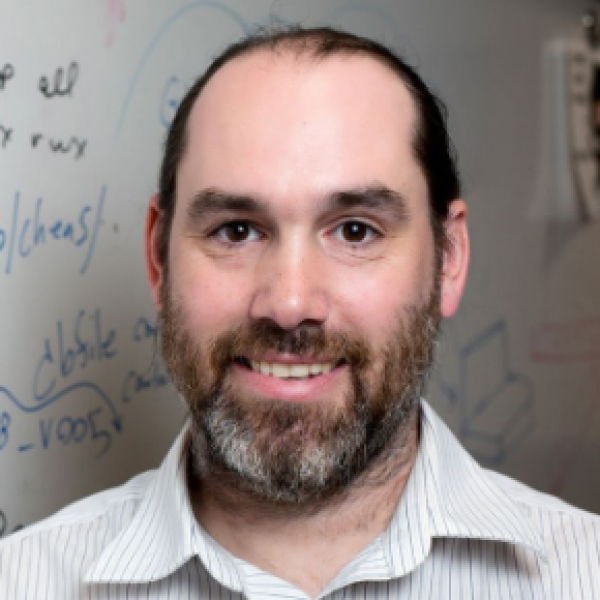
Michael Dietze is a professor at Boston University, specializing in ecological modeling and environmental science. His research focuses on the dynamics of ecosystems in response to climate change, land use, and other anthropogenic influences. Dietze employs advanced computational models to understand plant and carbon dynamics, integrating data from field studies to inform predictions about ecosystem behavior. His work aims to enhance our understanding of ecological resilience and inform management strategies for sustainable ecosystems. With numerous publications in leading journals, he is a prominent figure in the field of ecological modeling.
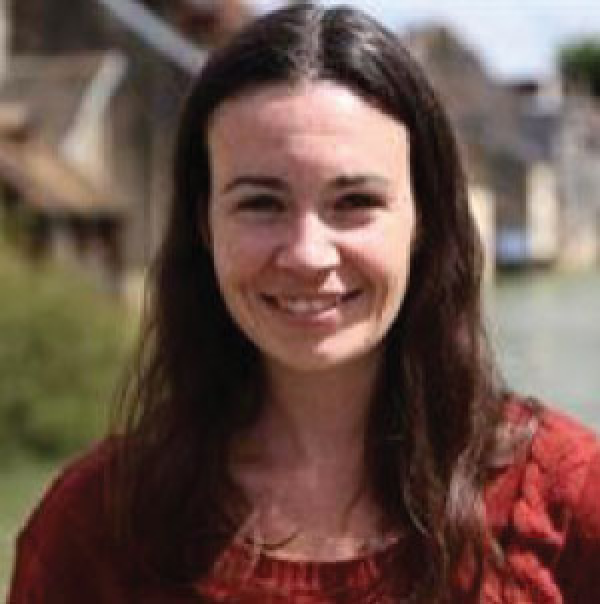
Jennifer Druhan is a researcher at the University of Illinois Urbana-Champaign, specializing in environmental geochemistry and biogeochemistry. Her research focuses on the interactions between natural and anthropogenic processes that influence water quality and nutrient cycling in various ecosystems. Druhan employs advanced analytical techniques to study the impacts of land use and climate change on water resources and soil health. Her work is essential for developing sustainable management practices and policies to protect water quality and ecosystem functions. She has published extensively in leading scientific journals and actively engages in interdisciplinary collaborations.
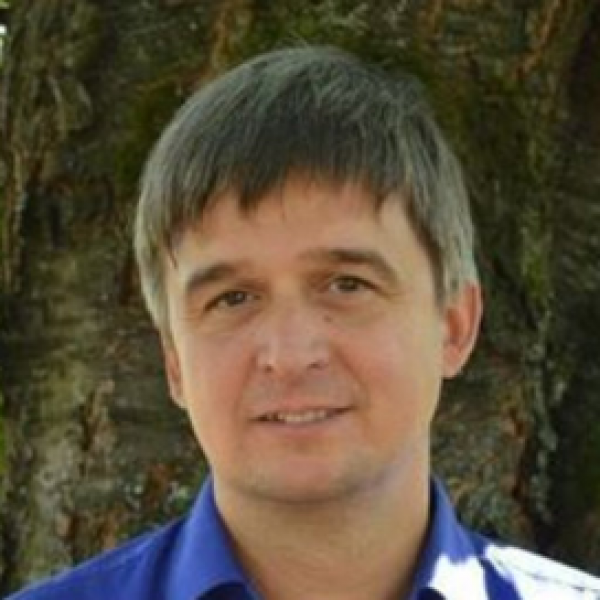
Helmut Haberl is a researcher at the University of Natural Resources and Life Sciences (BOKU) in Austria, specializing in sustainability science and land use research. His work focuses on the interactions between human activities and ecosystems, particularly in understanding the implications of land use change for biodiversity and ecosystem services. Haberl employs interdisciplinary approaches to study the socio-economic drivers of land use and their environmental impacts. His research is vital for developing sustainable land management practices and informing policies aimed at balancing ecological integrity with human needs. He has published extensively in leading scientific journals and is recognized for his contributions to advancing sustainability research.
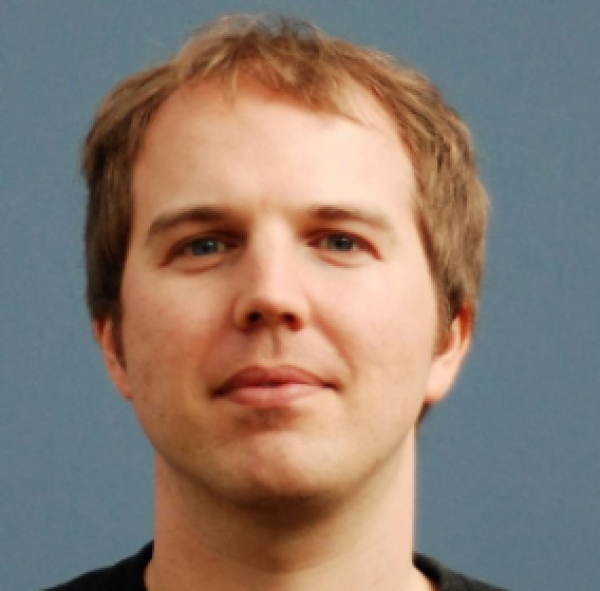
Florian Hartig is a researcher at the University of Regensburg in Germany, specializing in theoretical ecology and biodiversity science. His research focuses on understanding the dynamics of ecological networks and the implications of biodiversity loss for ecosystem function and stability. Hartig employs mathematical models and simulations to explore how species interactions and environmental changes influence ecological processes. His work is essential for developing effective conservation strategies and managing ecosystems in the face of global change. He has published extensively in prominent scientific journals and is actively involved in interdisciplinary collaborations that bridge ecology and environmental policy.
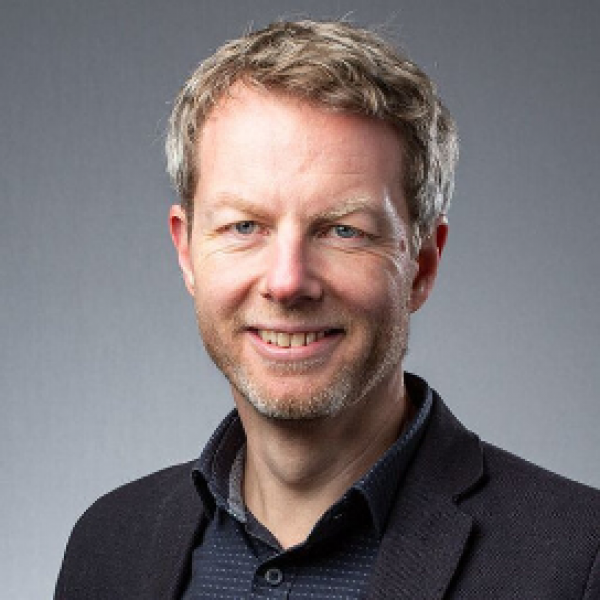
Toke Thomas Høye is a researcher at the University of Aarhus in Denmark, specializing in ecology and evolutionary biology. His research focuses on the effects of climate change on insect populations and their interactions with plants and ecosystems. Høye employs field experiments and ecological modeling to investigate how shifts in temperature and precipitation patterns influence species distribution and ecological dynamics. His work is critical for understanding biodiversity responses to environmental change and informing conservation strategies. He has published extensively in prominent scientific journals and is actively involved in collaborative research efforts aimed at addressing climate impacts on ecosystems.
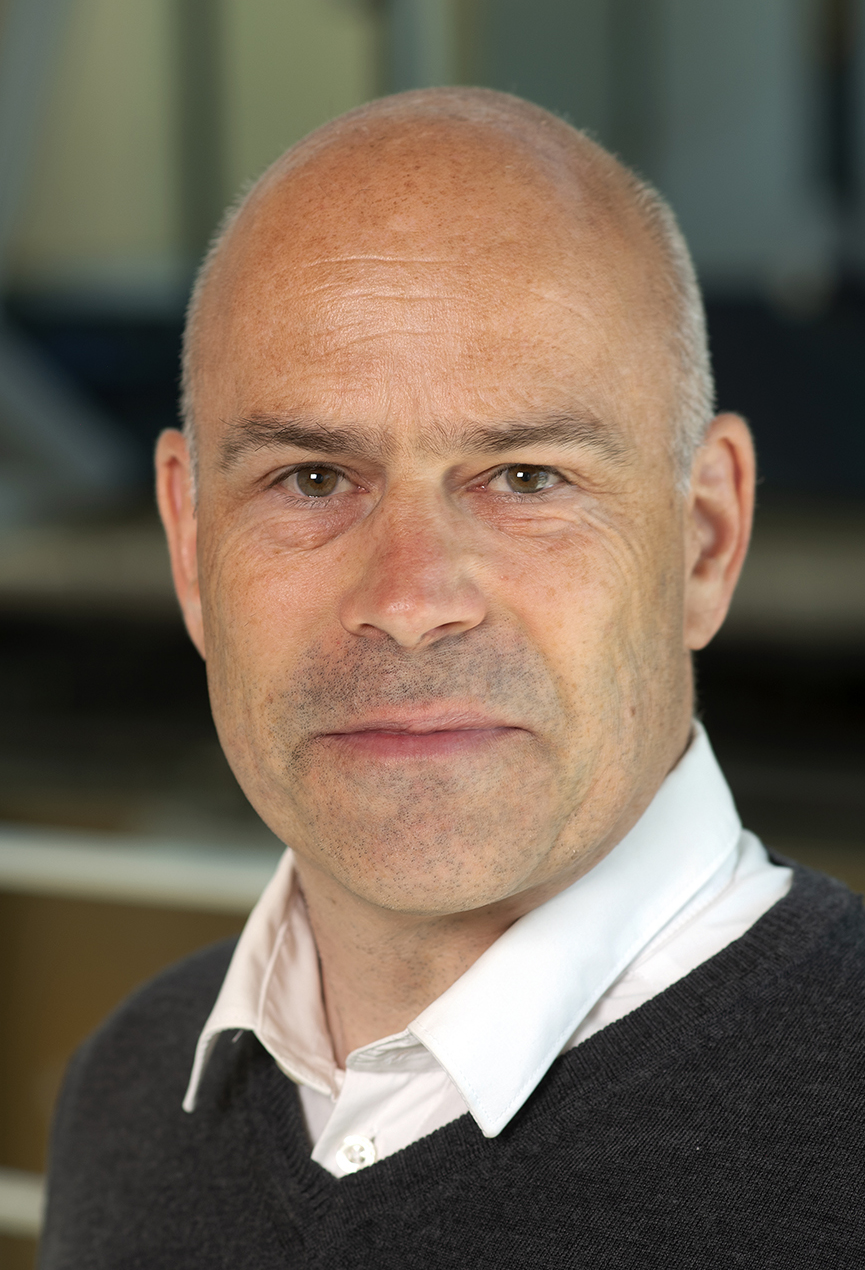
W. Daniel Kissling is an associate professor at the University of Amsterdam, with a research focus on ecology, quantitative biodiversity science, and global change. He has compiled large ecological and environmental datasets to study species distributions, trophic interactions, functional traits, ecosystem structure and animal habitats across space and time. His work often bridges from ecology and biodiversity science to other disciplines such as informatics, data science, computer vision, Earth Observation, and environmental policy. He is particularly interested in the use of digital sensors and remote sensing for measuring and monitoring biodiversity change, and in the development of automated data streams and high-throughput processing workflows for biodiversity research. He has published extensively in prominent scientific journals and is actively involved in various national and international, multi-institutional and multi-disciplinary projects.
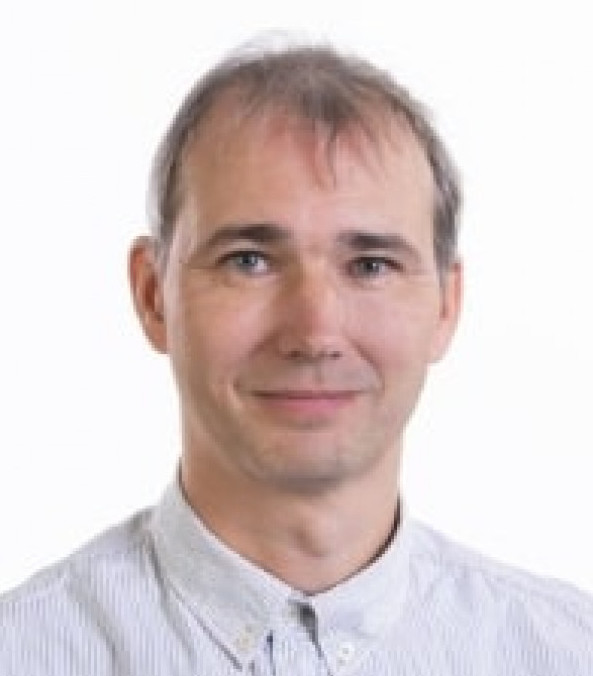
Ain Kull is a researcher at the University of Tartu in Estonia, specializing in ecology and environmental science. His work focuses on plant ecology, particularly the dynamics of plant communities and their responses to environmental changes. Kull employs a combination of field studies and theoretical approaches to investigate biodiversity patterns and ecosystem functioning. His research contributes to understanding the effects of climate change and human activities on ecosystems, informing conservation strategies and sustainable land use practices. He has published numerous articles in reputable scientific journals and is actively engaged in interdisciplinary collaborations within the ecological community.
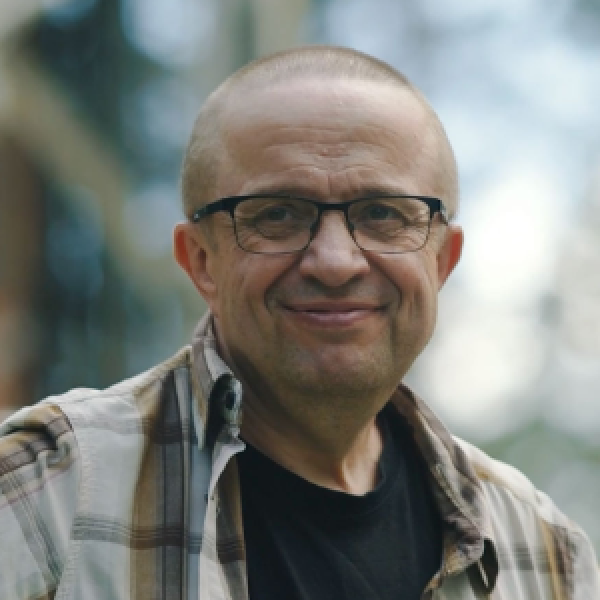
Markku Kulmala is a professor at the University of Helsinki, specializing in atmospheric science and aerosol research. His work focuses on the formation and evolution of aerosols and their effects on climate and air quality. Kulmala is known for his pioneering research in particle formation mechanisms and their interactions with clouds and climate systems. He has played a crucial role in establishing long-term atmospheric monitoring networks in Finland and globally. With over 1,000 publications and numerous accolades, Kulmala is recognized as a leading figure in atmospheric and environmental sciences, contributing to both scientific understanding and policy development for a sustainable environment.
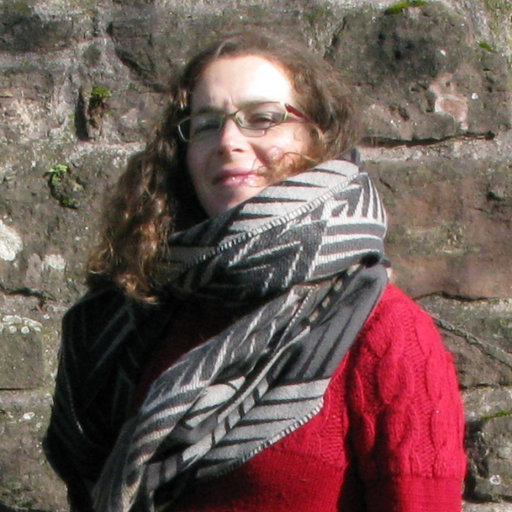
Nolwenn Lesparre is a Chargée de Recherche at CNRS and serves as an Equality Officer at ITES. Her research focuses on geophysical imaging techniques, including electrical resistivity tomography, proton magnetic resonance, ground-penetrating radar, and gravimetry. She specializes in solving inverse problems and advancing the parameterization of hydrological models. Nolwenn's work aims to enhance hydrological model parameterization through insights gained from geophysical data, with applications ranging from meter-scale investigations to watershed-scale studies.
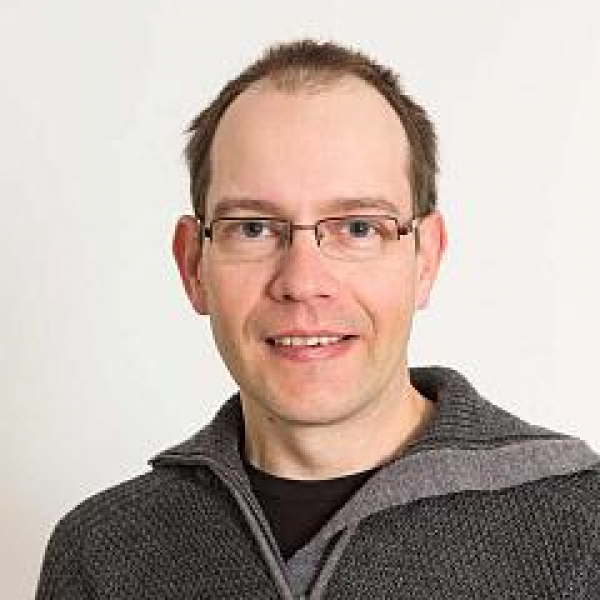
Samu Mäntyniemi is a researcher at the Natural Resources Institute Finland (Luke). His work focuses on sustainable forest management and the ecological dynamics of forest ecosystems. Mäntyniemi specializes in the interactions between forest management practices, biodiversity, and ecosystem services. Through his research, he aims to enhance the resilience of Finnish forests in the face of climate change while promoting sustainable use of forest resources. His contributions are vital for developing evidence-based policies that support both environmental sustainability and economic viability in the forestry sector.
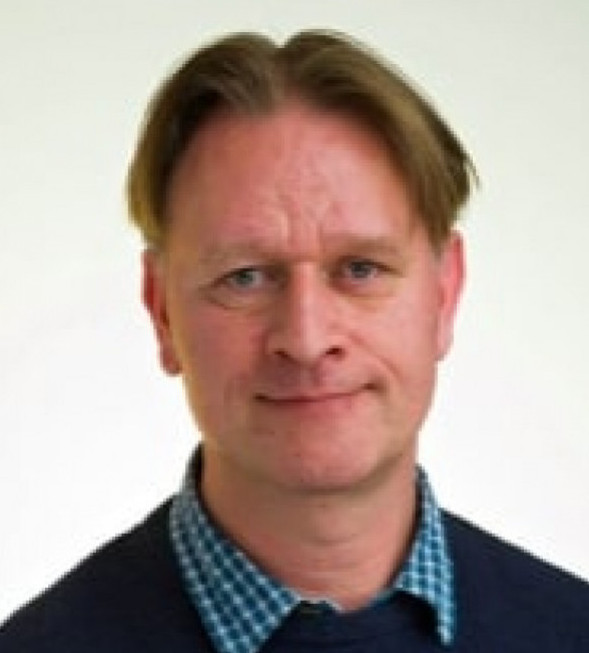
Per-Erik Mellander is a Senior Research Officer in Catchment Science with Tegasc, the Irish Agriculture and Food Development Authority. He is the lead scientist and manager of the water quality section of the Agricultural Catchments Programme. His research mostly concerns advancing knowledge in water quality issues for a sustainable environment and food production system under the impacts of changing climate. Currently he manages a team of three Research Officers, three Technologists, two Technicians and supervises three PhD students.
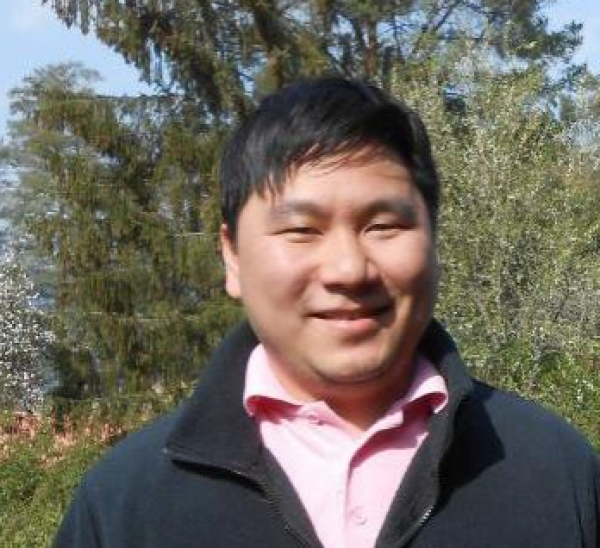
Igor Ogashawara is a researcher at the Leibniz-Institut für Gewässerökologie und Binnenfischerei (IGB) in Germany. His work focuses on freshwater ecology, specifically examining the dynamics of aquatic ecosystems and the impacts of environmental changes on biodiversity. Ogashawara employs a multidisciplinary approach, integrating field studies and laboratory experiments to explore nutrient cycling, species interactions, and ecosystem health in freshwater systems. His research contributes to understanding the effects of anthropogenic stressors on aquatic environments and informs conservation efforts aimed at preserving freshwater biodiversity.
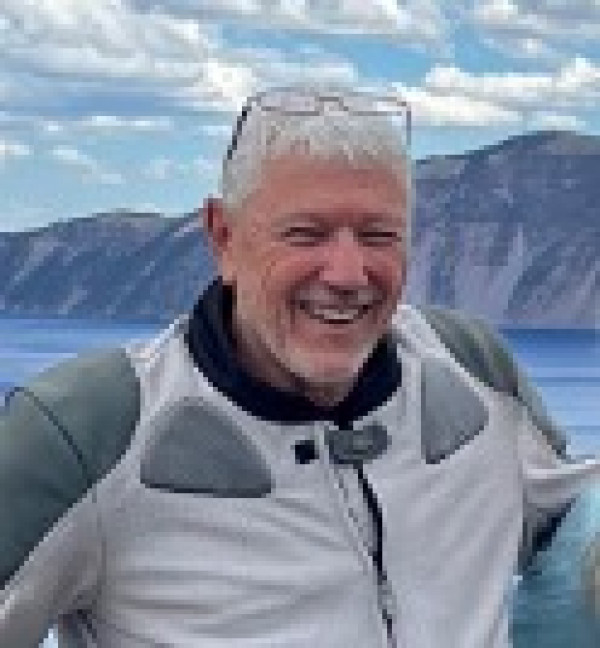
Ram Oren serves as the Nicholas Professor of Earth Systems Science at Duke University, as well as a visiting scholar at the University of Helsinki. With his graduate students and colleagues, he quantifies components of the water cycle, and their responses to biotic and abiotic factors at scales ranging from tree organs to forest ecosystems. Relying on strong links between the carbon and water cycles, he also studies carbon flux components. Based on theory, local mass balance approaches, and detailed measurements of these fluxes and driving variables in the soil, plants, and atmosphere, he has been attempting to imagine the likely responses of forest ecosystems, from the equator to the arctic circle, to climate and environmental changes, and management.
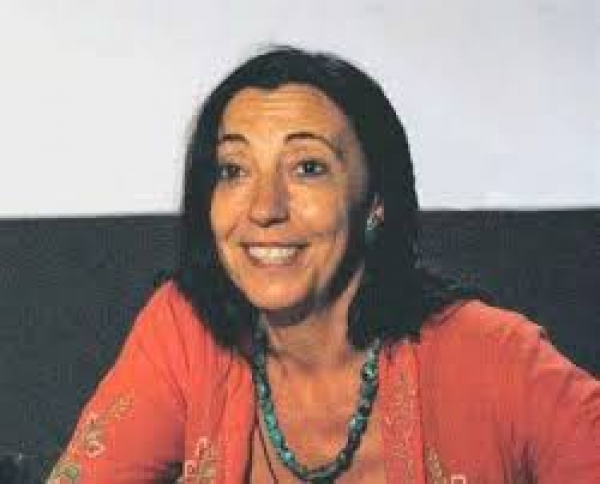
Pilar Andres Pastor is a researcher at the Center for Ecological Research and Forestry Applications (CREAF) in Spain. Her work focuses on soil ecology and holistic planning and restoration of terrestrial ecosystems. She studies the interactions between vegetation, soil, and climate, aiming to understand how these relationships affect carbon and nutrient cycling. Pilar Andrés employs field studies and modeling approaches to inform sustainable agricultural management and biodiversity conservation strategies. She has published numerous articles in reputable scientific journals, and policy reports contributing to the advancement of knowledge in ecological research and to its practical application.
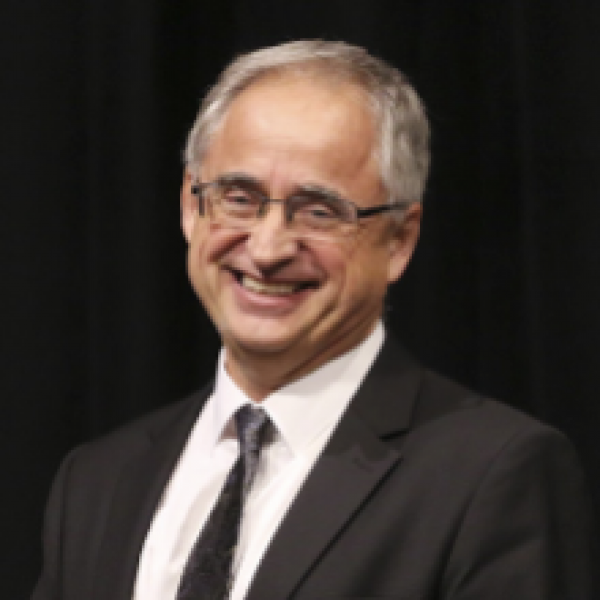
Josep Peñuelas is a Research Professor at the National Scientific Research Council of Spain (CSIC) at the Center for Ecological Research and Forestry Applications (CREAF). He is internationally recognized for his influential contributions to ecology, particularly in understanding ecophysiological mechanisms related to carbon and oxygen utilization in terrestrial and aquatic ecosystems. Peñuelas has co-developed key remote-sensing techniques, such as the photochemical reflectance index (PRI) and the water index (WI), enhancing the study of ecosystem dynamics. With over 1,800 publications and an H-index of 182, his work addresses global change, biodiversity, and the impacts of human activities on ecosystems. He has received numerous prestigious awards for his research and serves as an editor for leading ecological journals. Additionally, he actively engages in public outreach and science communication to promote sustainability.
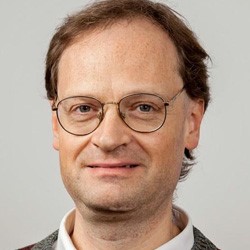
Nick Pepin is an Associate Professor in Climate Science at the University of Portsmouth, specializing in mountain climates and their response to global warming. His research focuses on temperature change in mountainous regions, elevation-dependent warming, and surface temperature modeling in complex terrains. Dr. Pepin has led climate monitoring projects in regions such as Kilimanjaro, the Pyrenees, and Arctic Lapland. He collaborates internationally with institutions like NOAA, the Chinese Academy of Sciences, and INSTAAR. His work examines how climate change impacts mountain environments, including the retreat of summit ice fields and the role of land use changes.
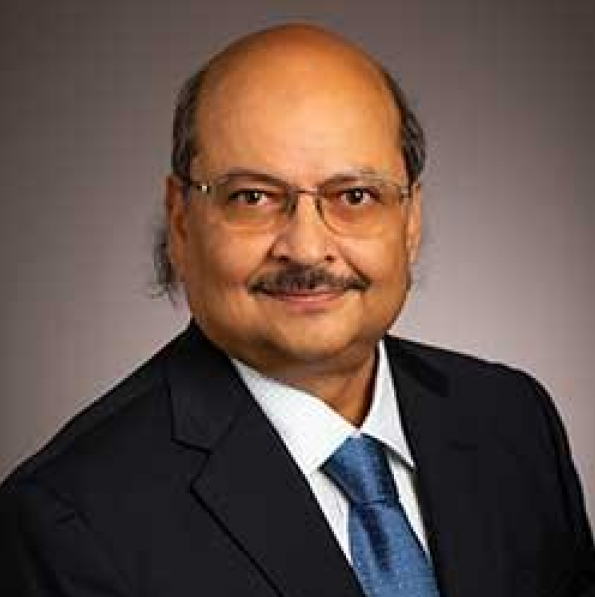
Dr. Kumar joined as a faculty at Univ. of Illinois in 1995 where he has been since. His research deals with Hydrocomplexity, the quantitative understanding and prediction of emergent patterns of form and function that arise from complex non-linear multi-scale interactions between soil, water, climate, vegetation and human systems; and how this understanding can be used for innovative solutions to water and sustainability challenges. He has made extensive, deep and signature contributions pertaining to information theory in geosciences, biosphere-hydrosphere interactions, multi-scale variability of hydrologic processes, hydro-geomorphology and hydroinformatics. He is the leader in the study of Critical Zone in human modified environments. He presently serves as the Executive Director of the Prairie Research Institute (PRI) which houses all five of the Illinois State Scientific Surveys. He is responsible for all policy and operational decisions for PRI with over 1000 employees and over $125M annual research expenditure. He served as the Director of NSF funded (IMLCZO) Intensively Managed Landscapes Critical Zone Observatory (2013-2021), and presently serves as the Director of NSF funded (CINet) Critical Interface Network in Intensively Managed Landscapes (2020-)
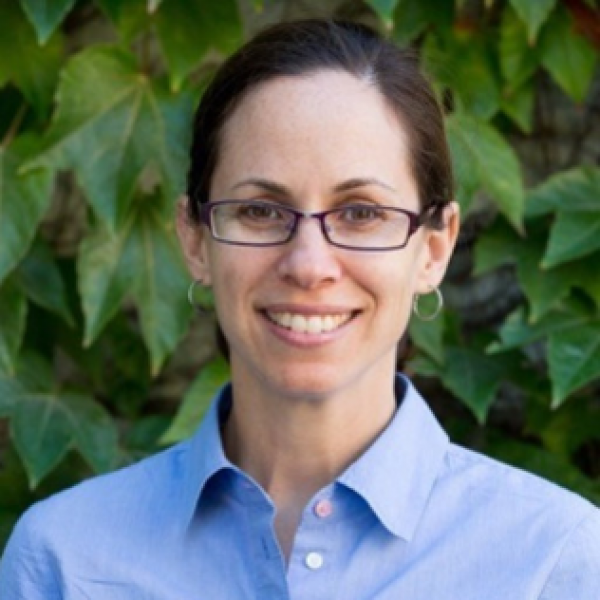
Pamela Templer is a professor at Boston University, specializing in ecosystem ecology and biogeochemistry. Her research focuses on the interactions between climate change, nutrient cycling, and forest health, particularly in how nitrogen deposition affects forest ecosystems. Templer employs a combination of field studies and experimental approaches to investigate ecosystem responses to environmental changes. Her work is crucial for understanding the impacts of human activities on ecosystem functions and informing strategies for sustainable forest management. She has published extensively in leading scientific journals and is actively involved in mentoring the next generation of ecologists.
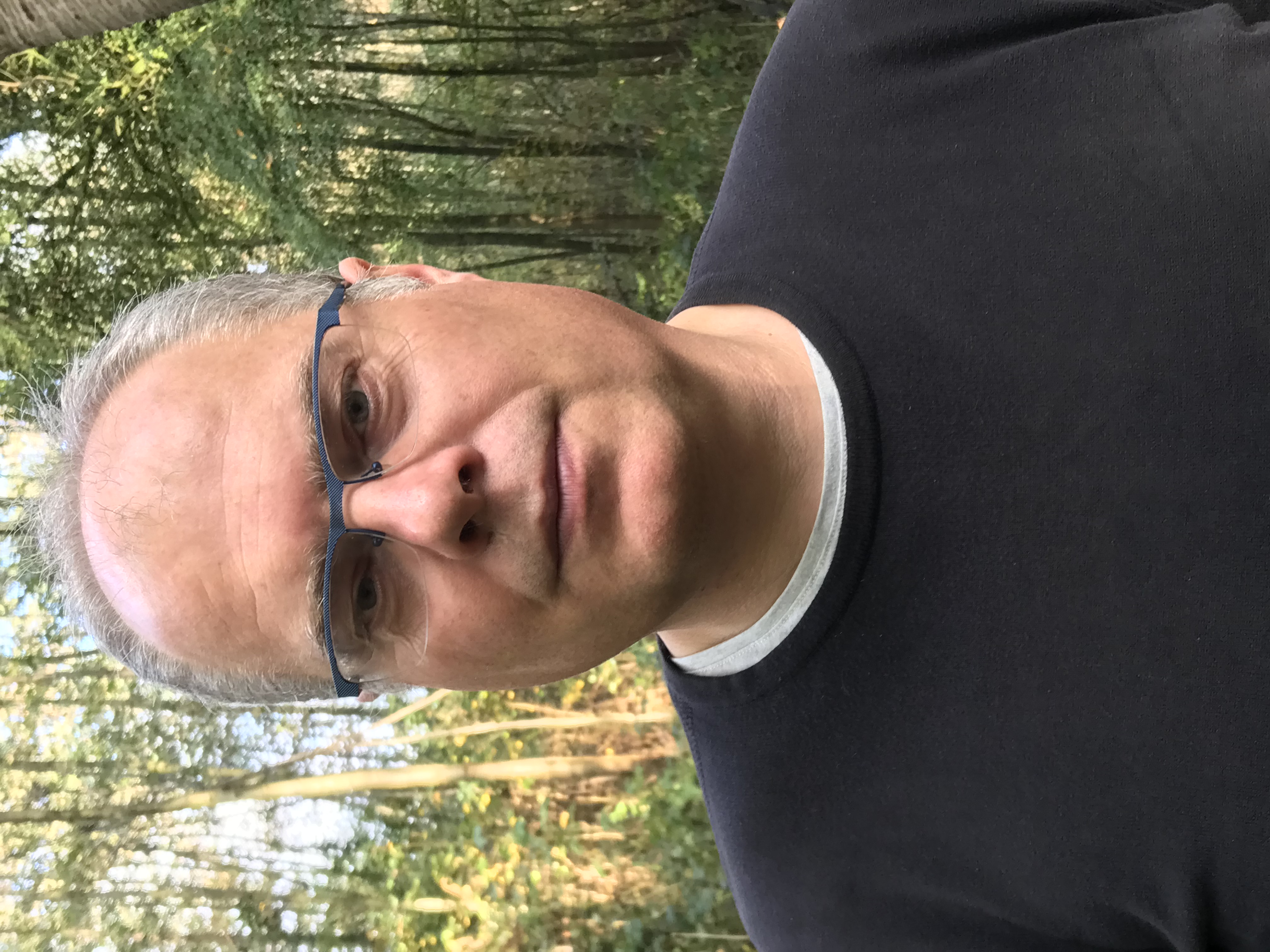
Kris Verheyen is a professor at Ghent University in Belgium, specializing in forest and landscape ecology. He leads research on the ecological functioning of forests and the impacts of environmental changes on biodiversity, ecosystem services, and forest management. His work often focuses on plant-soil interactions, forest restoration, and how human activities like land use and climate change influence forest ecosystems. With numerous publications and international collaborations, Verheyen contributes significantly to sustainable forest management and conservation efforts globally.
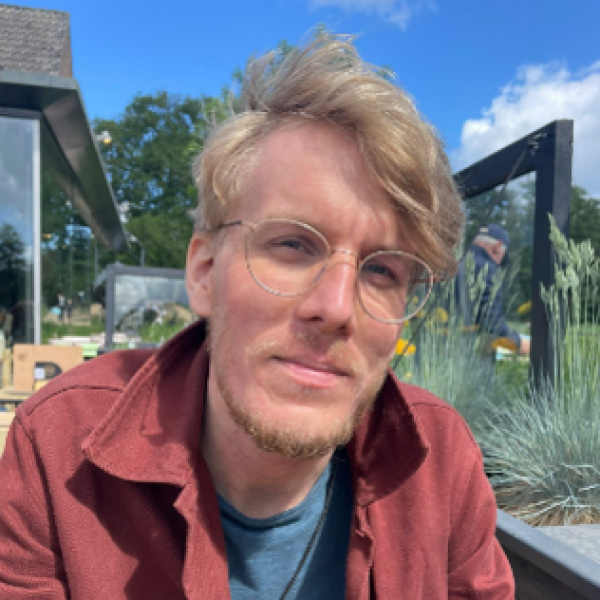
Stefan Vriend is a researcher at the Netherlands Institute of Ecology (NIOO-KNAW), where he focuses on the interactions between biodiversity and ecosystem functioning. His research examines how species interactions and community dynamics influence ecological resilience and sustainability. Vriend employs a combination of field studies and experimental approaches to investigate ecological patterns and processes. His work contributes to understanding the role of biodiversity in ecosystem health and informs strategies for conservation and management in various ecosystems.
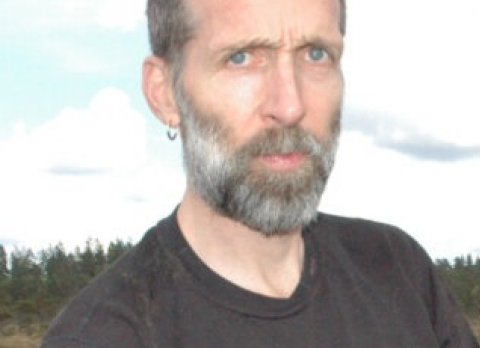
Richard Bindler is a researcher at Umeå University in Sweden, specializing in environmental science and biogeochemistry. His research focuses on the effects of human activities on soil and water quality, particularly in relation to acidification and nutrient cycling in forest ecosystems. Bindler employs a multidisciplinary approach, integrating field studies and laboratory experiments to understand the long-term impacts of pollution and climate change on terrestrial environments. His work is vital for informing sustainable land management practices and contributes to the development of policies aimed at restoring ecosystem health. He has published extensively in leading scientific journals and collaborates with international research teams.
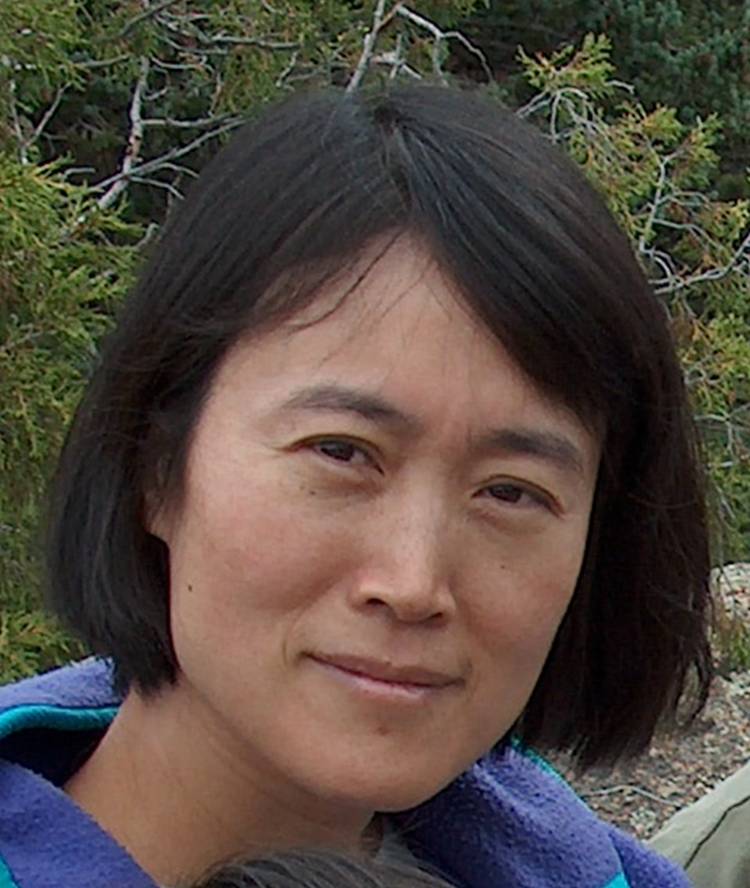
Ying Fan Reinfelder is a professor and researcher at Rutgers University's Institute of Earth, Ocean, and Atmospheric Sciences and the Department of Earth and Planetary Sciences. Her work focuses on hydrology, climate dynamics, and the global water cycle, exploring how water influences Earth's structure and function. In 2017, she highlighted the role of soil hydrology in shaping global patterns of plant root depths. Reinfelder's research interests span global water and biogeochemical cycles, water-mediated environmental changes in Earth's geologic past, plant ecology and ecophysiology, and the co-evolution of land plants with the terrestrial environment. She was named a Fellow of the American Geophysical Union in 2022.